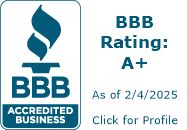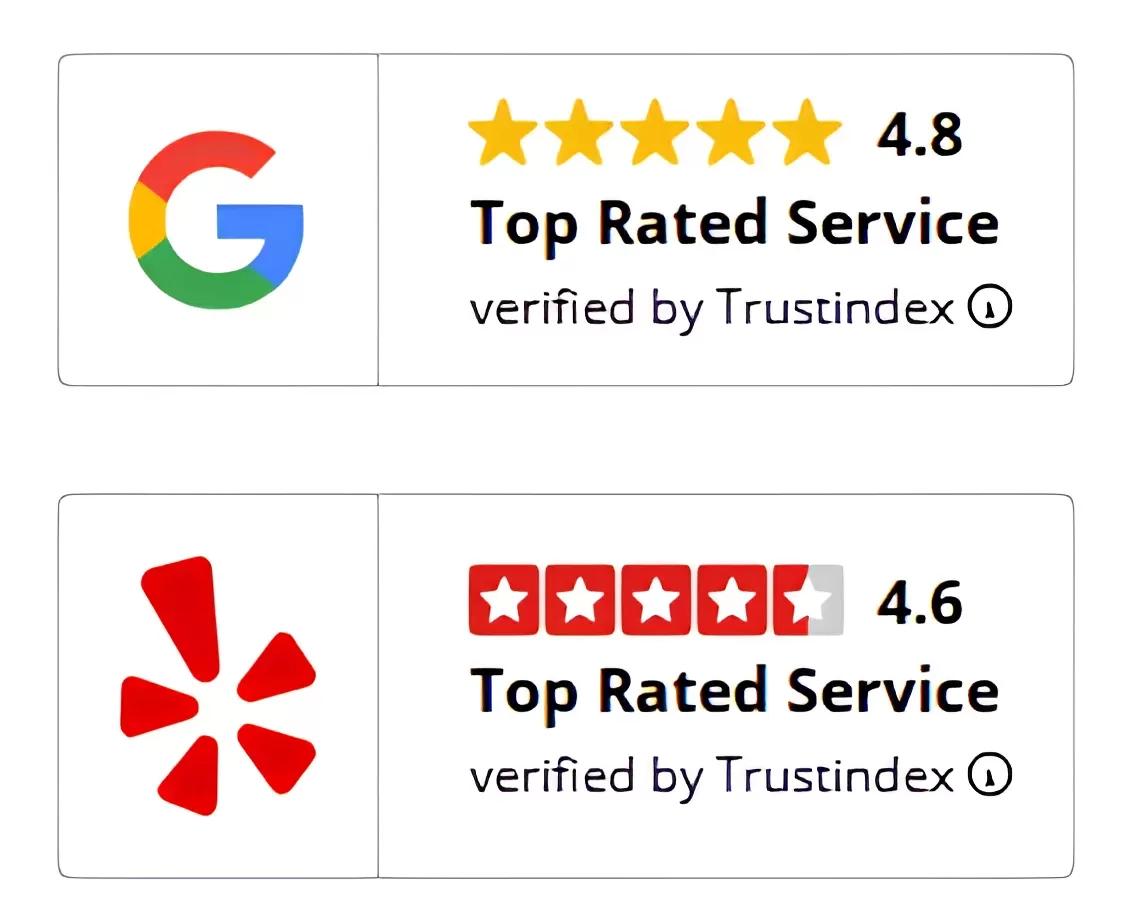Chapter 13 Bankruptcy: Exploring The Costs, Benefits, And Alternatives
Why People Consider Chapter 13 Bankruptcy
- Want to Keep Assets: Unlike Chapter 7, Chapter 13 may allow individuals to keep their home or car while repaying their debts.
- Face Foreclosure or Repossession: It can halt foreclosure proceedings or repossession efforts.
- Have a Regular Income: Those who can afford a repayment plan but not lump-sum payments often consider this option.
- Cannot Qualify for Chapter 7: Higher-income earners may be ineligible for Chapter 7 and are directed to Chapter 13 instead.
Who Files for Chapter 13 Bankruptcy?
- Homeowners: Trying to avoid foreclosure.
- Small Business Owners: Seeking to reorganize personal and business-related debts.
- Families: Dealing with medical debt or unexpected expenses.
- Bankruptcy Filings: Over 400,000 individuals filed for bankruptcy in 2024, with Chapter 13 accounting for approximately one-third.
- Average Debt Levels: The typical Chapter 13 filer had over $100,000 in total debt.
- Completion Rates: Only about 40% of Chapter 13 filers successfully complete their repayment plans.
Why Many Do Not Qualify for Chapter 13
- Income Requirements: You must have a regular income to sustain monthly payments.
- Debt Limits: As of 2024, unsecured debts must be below $465,275, and secured debts below $1,395,875.
- Feasibility of Plan: The court must approve a repayment plan showing you can cover living expenses and make payments.
- Previous Bankruptcy Filings: Those who recently filed for Chapter 7 or Chapter 13 may not qualify.
- Long-Term Commitment
- Repayment Period: Plans last three to five years, requiring consistent payments.
- Failure Risks: Missing payments can lead to the dismissal of your case and loss of protection from creditors.
- Financial Strain
- Strict Budgets: You must adhere to a court-approved budget, leaving little flexibility for emergencies.
- Court Supervision: Every aspect of your repayment is monitored to ensure creditors receive the maximum amount possible.
- Additional Costs: Legal fees, trustee fees, and other administrative costs can make repayment even more challenging.
- Limited Debt Relief
- Non-Dischargeable Debts: Like Chapter 7, Chapter 13 does not discharge student loans, child support, or most tax debts.
Real-Life Horror Stories
Chapter 13 can sometimes do more harm than good:- Reddit User: “I thought Chapter 13 would help me keep my house, but I couldn’t keep up with the payments. I ended up losing my home and still owed creditors.”
- Quora Contributor: “Five years of payments left me feeling trapped. The plan didn’t account for unexpected medical expenses, and I had to withdraw early.”
- Google Review: “I entered Chapter 13 hoping to save my car and pay off my debts, but the repayment plan was unaffordable. After missing payments, my case was dismissed, and I was worse off than before.”
- Yelp User: “The trustee demanded I sell some personal items to fund the repayment plan. It was humiliating, and I still couldn’t keep up with the payments.”
- Social Media Post: “Chapter 13 seemed like a good idea until I realized how much of my monthly income was going to the repayment plan. I had nothing left for emergencies or living expenses.”
- Forum Comment: “I was told Chapter 13 would protect me from creditors, but when I missed a single payment, they were right back to garnishing my wages.”
- Customer Testimonial: “The legal and trustee fees were so high, I felt like I was just paying lawyers instead of solving my debt problems.”
- Reddit User: “I thought Chapter 13 would help me keep my house, but I couldn’t keep up with the payments. I ended up losing my home and still owed creditors.”
- Quora Contributor: “Five years of payments left me feeling trapped. The plan didn’t account for unexpected medical expenses, and I had to withdraw early.”
The Emotional and Public Record Impact
Filing for Chapter 13 bankruptcy can have lasting effects beyond finances:
- Public Record: Bankruptcy filings are part of the public record, potentially impacting your reputation.
- Emotional Toll: Many people experience shame, anxiety, and stress throughout the repayment process.
The Impact 10, 20+ Years Down the Road
Chapter 13 can have consequences that linger for decades:
- Credit Damage: A Chapter 13 bankruptcy stays on your credit report for up to seven years after completion, making it harder to qualify for loans or secure favorable terms.
- Financial Setbacks: Many filers struggle to rebuild their savings during and after the repayment period.
- Missed Opportunities: The financial strain can delay homeownership, retirement savings, and other life goals.
Why Debt Settlement Can Be a Great Alternative
- Flexible Payments: Programs can be tailored to fit your financial situation, allowing you to make manageable payments over time.
- Shorter Timeframe: Most debt settlement programs are completed in 24-48 months, compared to Chapter 13’s five-year plan.
- Private Process: Unlike bankruptcy, debt settlement is not a matter of public record.
- Reduced Stress: With creditors negotiating directly with your debt settlement company, you can focus on rebuilding your finances.
- Google Review: “Debt settlement helped me eliminate $50,000 in credit card debt in just three years. I avoided bankruptcy and finally feel free.”
- Yelp Testimonial: “I was considering Chapter 13 but decided to try debt settlement. CuraDebt saved me thousands and kept my finances private.”
- Reddit User: “I paid off my debts for less than half the original amount. Debt settlement gave me the fresh start I needed without the stigma of bankruptcy.”
Overcoming Fear and Taking Action
The fear of financial instability can be paralyzing, but there are alternatives to bankruptcy that may better address your debt situation without long-term consequences:
- Debt Settlement: Negotiate with creditors to reduce the amount owed.
- Debt Management Plans: Consolidate payments and reduce interest rates through a credit counseling agency.
- Tax Debt Relief: Address specific tax liabilities without the need for bankruptcy.
“The only thing we have to fear is fear itself.” — Franklin D. Roosevelt
“The best way to predict the future is to create it.” — Peter Drucker
“In the middle of difficulty lies opportunity.” — Albert Einstein
Take the First Step Toward Financial Freedom
If you’re considering Chapter 13 bankruptcy, it’s essential to weigh all your options. Contact CuraDebt for a free consultation to explore alternatives that may better fit your financial goals. Call today to start your journey toward a brighter financial future.



